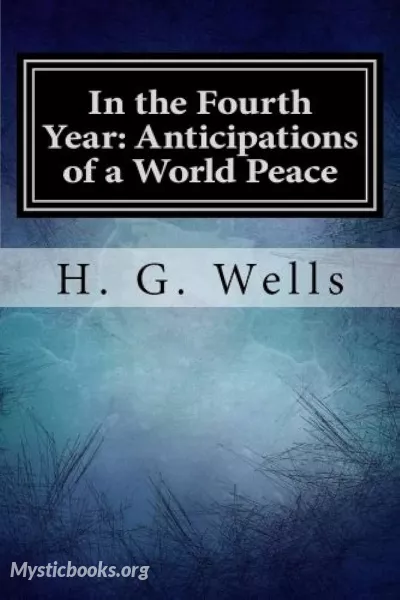
In the Fourth Year: Anticipations of a World Peace
by H. G. Wells
'In the Fourth Year: Anticipations of a World Peace' Summary
In the Fourth Year: Anticipations of a World Peace by H.G. Wells is a collection of essays written in 1918, during the final year of World War I. In the book, Wells argues that war is not inevitable and that a world peace is possible. He outlines a number of reforms that he believes are necessary to achieve this goal, including the creation of a world government, the abolition of tariffs, and the establishment of a universal education system.
Wells begins the book by arguing that the concept of war is relatively recent in human history. He writes that "for countless ages" humans lived in peace, and that war is a product of civilization. Wells identifies a number of factors that contribute to war, including nationalism, imperialism, and the arms race.
Wells then goes on to outline his vision for a world peace. He argues that the first step is to create a world government. This government would be responsible for maintaining peace and order, regulating international trade, and promoting economic development. Wells also believes that tariffs and other barriers to trade should be abolished, as this would encourage economic cooperation and understanding between nations.
In addition to these economic reforms, Wells also believes that it is important to invest in education. He argues that a well-educated population will be less likely to support war and more likely to work for peace. Wells also believes that it is important to promote international understanding and cooperation. He writes that "the world must be made one, or it will be torn to pieces."
Essence and Spirit
The essence of Wells' book is the belief that a world peace is possible and that it is worth striving for. Wells argues that war is a product of human folly and that it is possible to create a better world. He is optimistic about the future and believes that humanity can overcome the challenges that it faces.
The spirit of Wells' book is one of hope and possibility. Wells writes that "the world is young" and that "the future is ours to make." He challenges his readers to think about the kind of world they want to live in and to work to create it.
Conclusion
In the Fourth Year is a timeless book that is still relevant today. Wells' vision of a world peace is one that we should all strive for. His book is a reminder that we have the power to create a better future for ourselves and for generations to come.
Book Details
Language
EnglishOriginal Language
EnglishPublished In
1918Genre/Category
Tags/Keywords
Authors
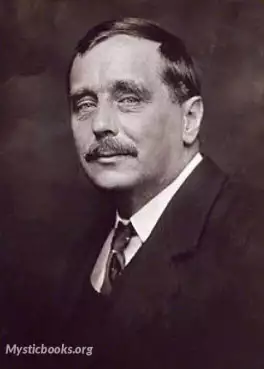
H. G. Wells
England
He was most prominent as a forward-looking, even prophetic social critic who devoted his literary talents to the development of a progressive vision on a global scale. A futurist, he wrote a number of...
Books by H. G. WellsDownload eBooks
Listen/Download Audiobook
- Select Speed
Related books
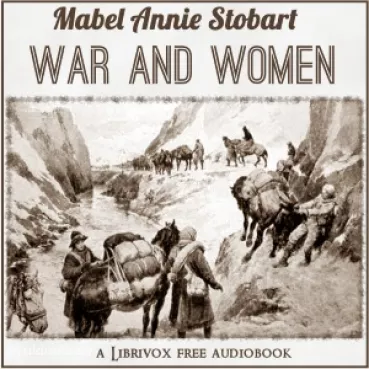
War and Women by Mabel Annie Stobart
A gripping account of a woman's bravery and determination to help those in need in the midst of war. Mabel Annie Stobart was a pioneering British aid...
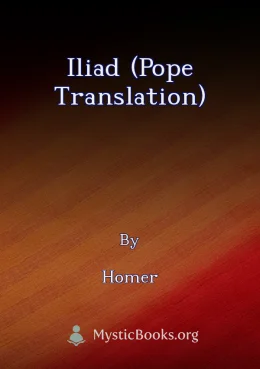
Iliad (Pope Translation) by Homer
The Iliad, attributed to the ancient Greek poet Homer, is a cornerstone of Western literature. It narrates the final year of the Trojan War, focusing...
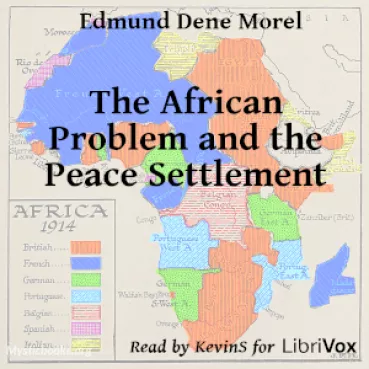
The African Problem and the Peace Settlement by Edmund Dene Morel
It is an important piece of literature that sheds light on the colonization of Africa by European powers during the late 19th and early 20th century....
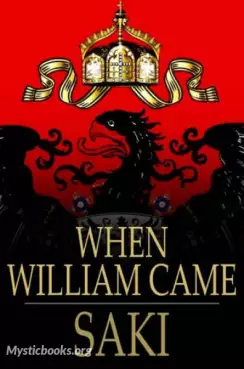
When William Came by Saki (Hector Hugh Munro)
The "William" of the book's title is German Emperor Kaiser Wilhelm II. The book chronicles life in London under German occupation and the changes that...
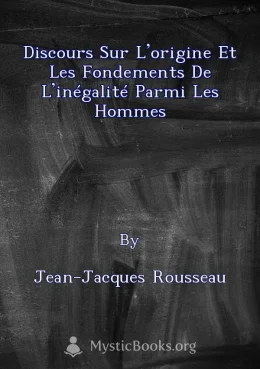
Discours sur l’origine et les fondements de l’inégalité parmi les hommes by Jean-Jacques Rousseau
De l’inégalité parmi les hommes est un essai philosophique d’une centaine de pages environ, richement annoté par l’auteur, introduit par une lettr...
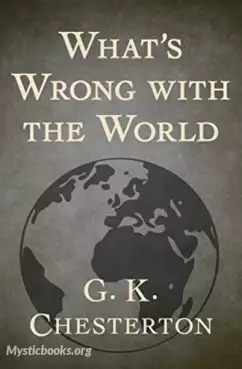
What's Wrong With the World by Gilbert K. Chesterton
In this work, Chesterton repeatedly startles and shocks us, for he reads as if he were commenting on the latest issue of the New York Times rather tha...
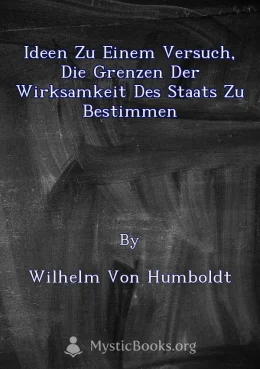
Ideen zu einem Versuch, die Grenzen der Wirksamkeit des Staats zu bestimmen by Wilhelm von Humboldt
Ein klassicher Text des deutschen Liberalismus (Summary by redaer)
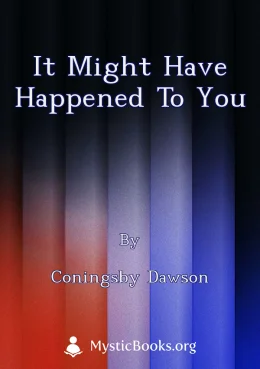
It Might Have Happened to You by Coningsby Dawson
Coningsby Dawson's "It Might Have Happened to You" offers a stark and poignant account of the immense human suffering, particularly widespread starvat...
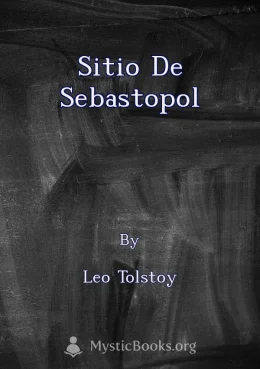
Sitio de Sebastopol by Leo Tolstoy
“El Sitio de Sebastopol” de León Tolstói es una colección de tres relatos que documentan las experiencias del autor durante el asedio de Sebastopol en...
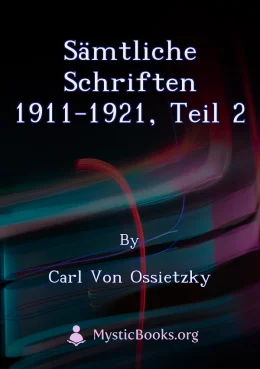
Sämtliche Schriften 1911-1921, Teil 2 by Carl von Ossietzky
This book is a collection of articles written by Carl von Ossietzky, a German journalist, pacifist, and Nobel Peace Prize laureate. The articles were...
Reviews for In the Fourth Year: Anticipations of a World Peace
No reviews posted or approved, yet...